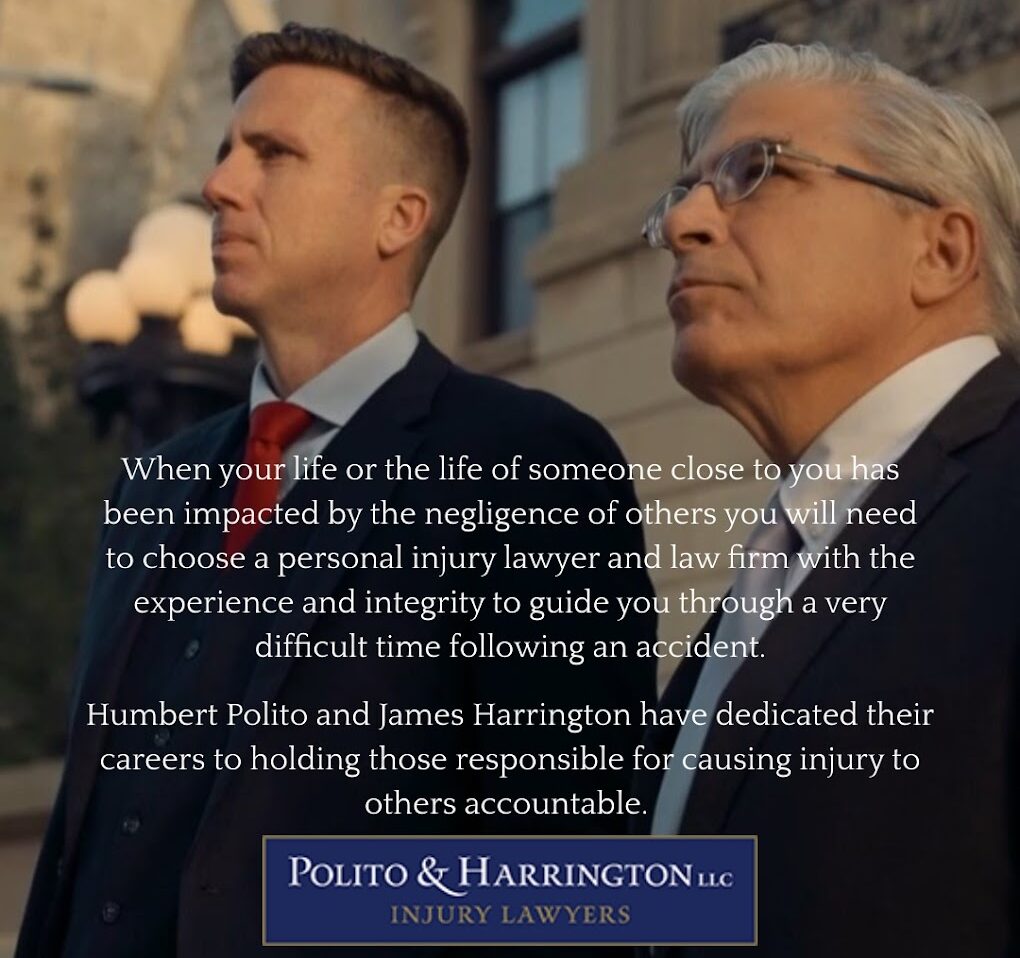
Following a car accident you may require substantial medical care. Hopefully you have insurance that will minimize your out-of-pocket expenses. But if the accident was the result of someone else’s negligence, does the fact you receive insurance benefits affect your ability to seek damages against the responsible party?
Under Connecticut law, the answer is yes, with certain qualifications. Connecticut enforces what is known as a “collateral source rule” with respect to personal injury judgments. In plain terms, a judge may reduce a personal injury award to account for “any payments made” by an insurance company on the plaintiff’s behalf.
For example, let’s say you are injured in a car accident caused by another negligent driver. Your medical bills come to $1,000. Your employer-sponsored health insurance pays for $800 of this claim. If you then sue the negligent driver and the jury awards you $2,000 in damages, the judge will then reduce that award by $800 to account for the “collateral source” payment from your insurer.
Now this is a very simple example. In practice the collateral source rule contains an important exception: A judge may not reduce an award where the collateral source has a “right of subrogation.” What is “subrogation”? Basically, it means the insurer has the right to place a lien on any potential personal injury award you might recover.
The collateral source rule is designed to prevent a plaintiff from collecting twice based on the same injury. Conversely, the subrogation exception prevents a negligent defendant from getting out of paying a legitimate damage award. Sometimes it is not clear when the exception applies, however, leading to a recent decision by the Connecticut Supreme Court.
In Marciano v. Jimenez, decided by the Court last December, a jury awarded a plaintiff in a personal injury case approximately $124,000. The defendant moved under the collateral source rule to reduce this award to account for payments made by the plaintiff’s health insurer. The plaintiff argued the subrogation exception applied, thereby depriving the defendant of any reduction.
The trial court sided with the defendant, but the Supreme Court agreed with the plaintiff. The critical issue was whether or not the insurer retained its subrogation rights. The defendant pointed to a letter from the plaintiff’s employer (which sponsored his insurance coverage) offering to settle its subrogation lien in exchange for less than it paid to cover the plaintiff’s medical costs. The defendant maintained this “extinguished” the right of subrogation, or at the very least entitled him to a partial reduction of the award.
But as the Supreme Court explained, Connecticut law is fairly clear on this point. As long as right of subrogation exists, a defendant is not entitled to any collateral source reduction. The purported settlement offer was never accepted or entered into the official court records. And the mere fact such an offer was made demonstrates the right of subrogation existed in the first place.
If all of this insurance and legal terminology still has you confused, you are not alone. Insurance companies and defense attorneys will attempt to exploit your ignorance of the law to their advantage. This is why you need to work with an experienced Waterford-New London, Connecticut, personal injury lawyer following any type of car accident. Contact the offices of Polito & Harrington LLC to schedule a consultation with one of our attorneys today.
1 https://scholar.google.com/scholar_case?case=3405111941537043418&hl=en&as_sdt=6,47
We are committed to provide personalized attention to each and every client’s case – no matter how large or small– because that is each client’s only case. We are proud of our firm’s reputation of combining integrity and compassion with an unflinching dedication to getting the right result. We will do what we say.
